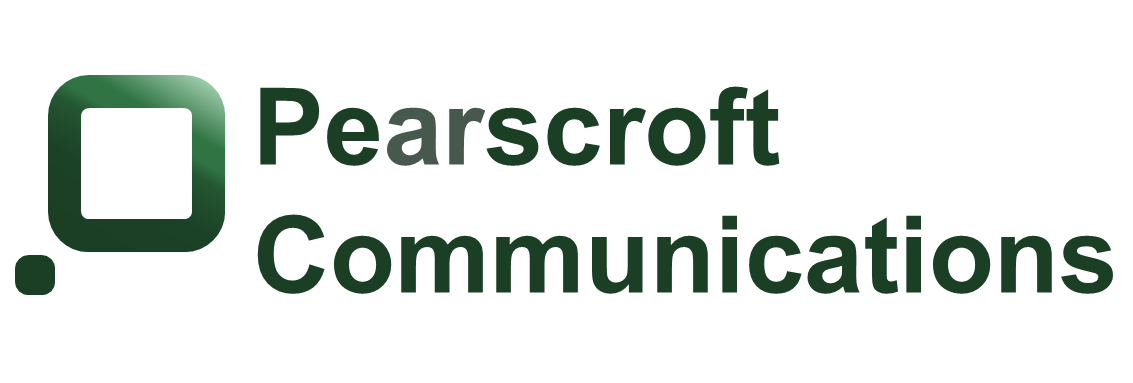
Pearscroft Communications

At Pearscroft Communications, we believe the key to effective corporate communication lies in crafting the right message and getting it in front of key decision makers. Whether you need to communicate with the media, your customers, or internal stakeholders, we can help you craft the right message and deliver it in the most effective way possible.

Penned by Christopher Zahn for Pearscroft Communications
Christopher Zahn
Managing Director
christopher@pearscroftcommunications
Many small business owners and executives in larger companies have a vague understanding of what media training is but fail to appreciate the value it has for their business and its growth. We live in a media obsessed world and being either unwilling to participate in a media interview or performing poorly during such an interview can have disastrous consequences for businesses and spokespeople alike. Media training can mitigate this risk. Let’s delve into what media training is and its value.
What is Media Training?
To break it down into simple terminology, media training allows spokespeople to take control of the narrative and communicate effectively with the media. Usually, it’s executed by a senior public relations professional and teaches the spokesperson how to navigate media interviews, communicate their message with clarity and build interview confidence and skill. This is a highly effective way of developing the prowess to manage the interview with precision and impact. When done well, it allows spokespeople to position themselves as industry thought leaders in their field.
What to Expect from Media Training
Broadly speaking, the training itself usually takes the spokesperson through a theoretical section to learn the media landscape, the company messaging, the technique and then practice with mock interviews. Importantly, it all teaches spokespeople never to lose control of the interview. With proper training, spokespeople can expect to feel comfortable communicating in front of the camera and confident interacting with seasoned broadcasters and producers, all while simultaneously telling compelling stories that resonate with the audience.
Why Does it Matter?
Media training is absolutely crucial for anyone who engages, or who will engage, with the media at any point in the future. This typically includes CEOs, executives, industry experts, or spokespeople of any kind. When communicating with the media, individuals must be prepared at all times and ready to course correct if and when journalists attempt to steer the narrative in an unexpected direction. It also teaches spokespeople how to expertly navigate different mediums such as in-person, virtual, radio, TV and print media. A poorly handled interview can create irrevocable damage to an organisation’s corporate reputation and brand equity, so it’s important to effectively prepare for every interview.
A key factor that is worth mentioning is stage fright and general nervousness. It’s entirely normal to experience nerves in anticipation of a media interview. What media training gives is peace of mind that the spokesperson knows the company line and has refined interview skills to fall back on, should they stumble into any difficult lines of questioning.
Spokespeople who are media trained have the added benefit of being able to deliver key messaging with the audience in a clear and concise way. The media trainer will teach specific technical skills to help stay on-message and relevant when answering specific questions.
Finally, what media training does is help mitigate the risk of your company being misrepresented in the public domain. Participating in media interviews allows spokespeople to set the record straight and communicate value to a huge audience. Missing that opportunity means missing the chance to effectively manage your corporate reputation.
To learn more, contact us at [email protected]
